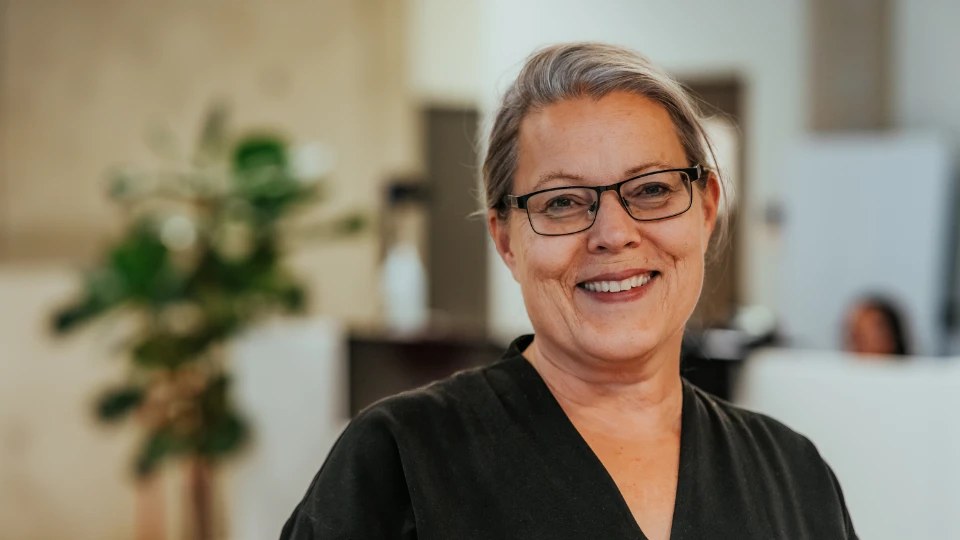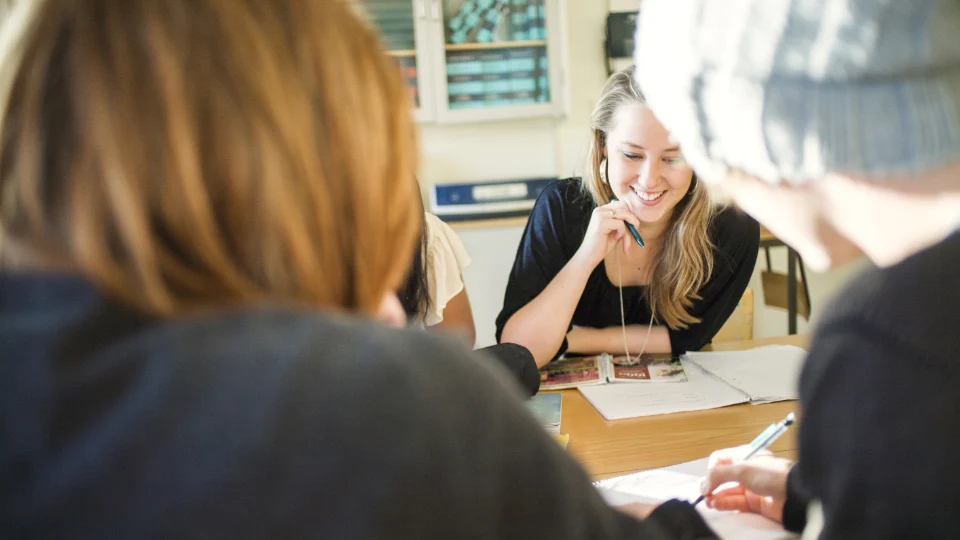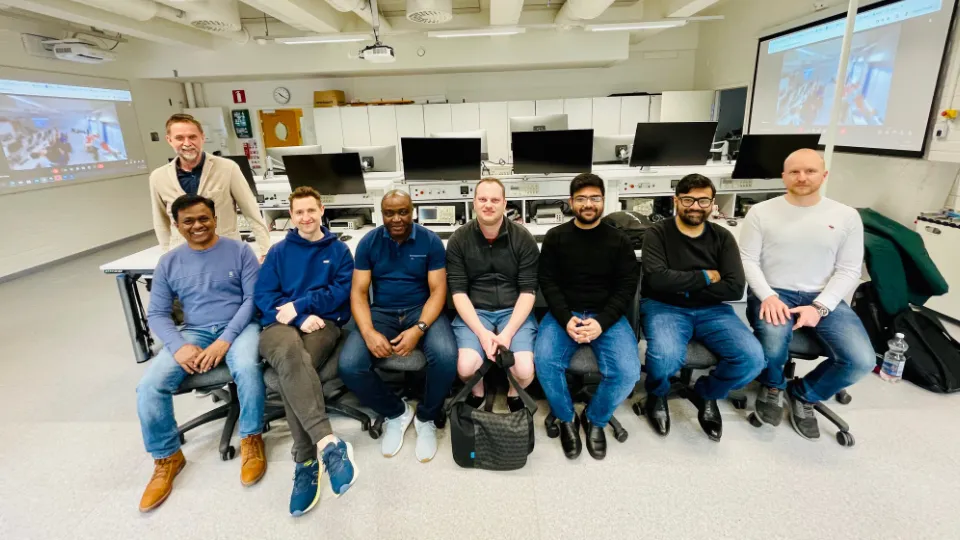Lessons from Home
I come from a post-soviet Asian Muslim country. It is enormous, beautiful, and there, under the ever-blue-sky, live-in peace 135 nationalities. We have high mountains covered by snow, and the steppe is endless, bordered by beautiful forests and rivers. Even though I am not a Kazakh, it has become a part of me -an idea translated from everyone, the school teachers, the family, and the elderly was that humans are a part of nature. The loving attitude to the land, ground, water source, and rare trees was passed from generation to generation.
One of the biggest celebrations in the country is Nowruz -the day of the spring equinox, celebrated as the new beginning of the year by the end of March, includes, among other things, cleaning up the “aryk” irrigation ditches, cleaning the grounds, and planting trees. I remember the fresh but frozen air, the shining sun that does not heat yet, and just a hint of the spring smells, and I have always waited for that day.
That attitude stayed with me for my whole life and was always seen when I was teaching at school, even though the subject was not nature itself but the Russian language and literature. It was easy to teach sustainability; if kids saw how much it meant to the teacher, almost all of them would become thoroughly imbued with love for nature.
First Experience with an Eco-Activist
The adults, however, are a whole other story. Even if I am still on my way to teaching adults, I still do it in indirect ways: by public talks, official and unofficial, by sharing things on social media, just talking, and sharing my experience.
In 2018, I was getting my first master’s degree on the topic of sustainable fashion. I found an eco-activist, and by the end of my meeting with her, I had been told that I should stop eating meat and throw away all my leather items even to be worth talking to. This was not a good entry into talking with people regarding sustainability, and after that, I stayed away from talking to people in sustainability.
Hairspray
The following year, I was walking with my ex-boyfriend. He was wearing one of these fashionable haircuts that require consuming so much hairspray so that you would look like John Travolta in the musical Grease. So, I saw him making his hairstyle, and I asked if he knew how bad the spray and the bottles were for the environment. His response was that hairspray was the least of his problems working in IT, so it didn’t matter. Now, that’s not why he is an ex, but the topic was closed, and four years later, his hair is still the same.
The Youth
This August, there was Regeneration Week 2021, a youth conference in the Aland Islands on sustainability. One of the elements was a dialogue meeting between generations. We had decision-makers from all over the Nordics discussing our vision for a sustainable future with youth between 16-30.
It was a great safe place to share and discover that generational issues can be overcome with understanding, empathy, and effort. The next day, however, I heard that one of our members was bragging about telling off people who flew there, making them feel ashamed and accused in front of many of their peers. I shared my concern with a person who shamed them, who may decide not to go at all the following year.
The Turning Point
That is quite an established narrative: if I find myself engaged to the talk about sustainability anywhere else outside the sustainability conference, it usually goes like: “Meh, who cares”, and I say in response: “Well, I do, I am a sustainability expert”, and immediate reaction would be:” Oh, I am sorry,” and the conversation would end there.
I eventually stopped saying that bit because I have met that reaction so many times. Still, the worst thing was that the conversation would be stopped because these people awaited an attack on them, their choices, their lives. The possibility of change, which could thrive in exchanging knowledge and experience, died right there, time after time.
I’m an atheist, but there is a good story about how a young woman went into a church to pray but instead got ostracised by multiple people for not covering her hair, having too short a skirt, and having makeup on. She took the scarves that lay there to cover up and washed off the make with the wet napkins, but she still did not know what to do and say, so she went for guidance to the woman at the entrance that sat on the info spot. The woman said, look at you, not even one prayer known, nor how to cross yourself, you have nothing to do here. She left ashamed and did not try a third time. The prominent priest heard what happened too late. Still, he stormed in and said: “Now I do not know who of you did it, but I command you to pray for the saving of her soul until the rest of your life, because of your behaviour and bitterness, she might never return to the church”.
Sadly, regarding climate change, we cannot fix other people’s unsustainable actions by making twice as many sustainable actions by ourselves – we need more people on our side. The guilt and shame make many people, from simple citizens to prominent politicians, go into denial, and reject any sustainable solutions, because their logic there, that if they accept it, they will have to admit their wrongdoing publicly, and that this would be followed by hatred from people and media. Therefore, the greenwashing keeps sleeping its way to the shelves of stores, to the reports, and to our lives. This is why so many people do not bring their bags to grocery shopping because somebody will tell them they are not enough. It does not matter, but it does! That is one more person creating so much less plastic trash yearly by the end of their life, and that is a lot. That might be the only sustainable choice they make. Still, it can also be the beginning of the drastic change towards sustainable consumption for this one person, this one household, this one community.
So, the next time when you choose between unsustainably produced and sustainably produced items, do not believe that voice in your head or that friend of yours saying that buying consciously just this one time does not matter-it does, and not only for you but for those who are close to you. And in case you haven’t heard it from a sustainability expert: thank you for doing your best.
The Power of Kindness
All these stories have one thing in common: the experience of people who were brave enough to think of change got discouraged by those to whom they opened to.
I am not telling you to not educate people about how to live sustainably, but rather, I am suggesting that when you do that, that you treat people with kindness and acceptance. Maybe, if that eco-activist did not talk to me in a commanding tone, I would have started dressing sustainably a year earlier. Perhaps if I had bought my ex a sustainable alternative, he would have switched just to try it out. Maybe we could have had these delegates return home and be the messengers of sustainable change – and, possibly, more people would be willing to go to conferences on sustainability.
Yes, the planet is fragile, but so is the human heart. I encourage you to be kind to those at the beginning of their sustainable journey. I have shared a negative experience, and I want to share some stories with a positive experience. When I would have lunch with my university friends, standing in the line in the canteen, just chatting about the things, they would see me picking up some vegetarian or vegan options or pouring oat milk into my coffee. They would give me that look like they expected me to start telling them off for their meatballs. But then, when they’d realise I was not going to do that, they would ask, very carefully:” How’s the food?”, and I would go like:” Well, a delicious pumpkin soup, actually, but they oat milk tastes a bit odd”, I could see they exhale in relief because they were not the only people who thought that oat milk tastes odd in coffee, -and maybe, they would get convinced to give a vegetarian option a try, next time.
A Better Way
When my (now) husband and I started dating, I was a student. I had just moved into a new country, so I needed many things to live comfortably -he was my company through all the shopping. He just observed how I would go and search for something needed in second-hand stores or how I would go grocery shopping and spend time reading on the shelves, searching for the green labels, and then reading the ingredients list. For him, just being next to me, asking questions, and more than that -having his concerns addressed and answered in a kind manner, was a turning point in his journey through sustainability -he started to pay attention to those things himself, item by item. Half a year later, when we moved in and went for the first time to IKEA together, the first item in his shopping list was to get a better trash bin system to separate trash better. Now, when we shop together, we still have arguments about which option is more sustainable. It is okay and acceptable because I, even having a master’s degree in sustainability and much experience, am still not perfect at it. Nobody is excellent at being sustainable 100%, 24/7, even if they read about it a lot, exercise it, do not eat meat and dairy, and wear fur and leather. But they, even doing it imperfectly, are reducing emissions and setting an example to their peers.
I believe that we should be defined not by what we restrict ourselves to do, what we do not do, what people we do not associate with, but instead that we should be defined by our choices, the things we do, whom we talk to. I believe in the Power of tiny changes that our daily decisions are spread around our network like ripples on water. I genuinely believe that the way to save the world is to have millions of imperfect environmentalists rather than tens of perfect ones.



